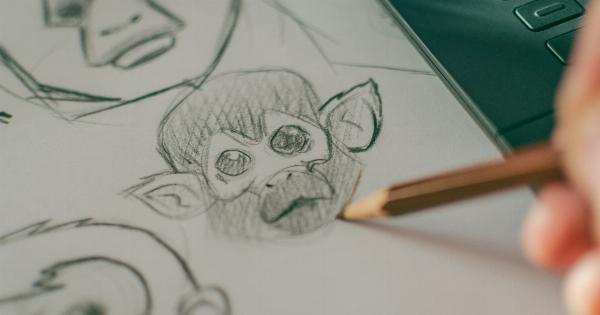On the last day of February every year, the world marks Rare Disease Day, also known as Uncommon Illness Awareness Day.
This annual event aims to raise awareness about the need for research, treatment, and support for people living with rare diseases and their families. Despite their rarity, these illnesses collectively affect an estimated 400 million people worldwide.
What are Rare Diseases?
Rare diseases are defined as diseases that affect fewer than 1 in 2,000 people. While each rare disease is uncommon, there are over 7,000 rare diseases and disorders, and collectively they affect millions of people around the world.
Most rare diseases are genetic and are present throughout a person’s life, even if symptoms do not appear right away.
The Challenges of Living with a Rare Disease
Living with a rare disease can be incredibly challenging. Because these illnesses are so uncommon, it can be difficult for patients to find accurate information, appropriate treatment, or even a correct diagnosis.
Many people living with rare diseases also face significant financial burdens, as treatment options are often limited and expensive.
Additionally, people with rare diseases often face stigma and isolation due to their condition.
They may feel like they are the only ones experiencing their symptoms, or they may feel like they have to explain their illness to others over and over again. This can take a significant toll on their mental health and wellbeing.
What Can Be Done to Support People Living with Rare Diseases?
There is much that can be done to support people living with rare diseases. Some ways that individuals and organizations can help include:.
1. Raising Awareness
One of the most important ways to support people living with rare diseases is by raising awareness.
This can be done through sharing information about specific illnesses on social media, hosting events to raise funds for research and treatment, or simply educating friends and family members about the challenges that people with rare diseases face.
2. Advocating for Funding and Research
More funding is needed for research into rare diseases.
Governments, research institutions, and companies can all help by investing in research into rare diseases, and by collaborating with patient organizations and advocacy groups to develop treatments and therapies that can improve the lives of people living with these conditions.
3. Providing Accessible and Affordable Treatment
Many people with rare diseases struggle to access the medications and treatments that they need.
Governments, insurers, and medical providers can help by ensuring that medications are covered by insurance, that treatment options are accessible and affordable, and that doctors and healthcare providers are trained and equipped to diagnose and treat rare diseases.
4. Creating Support Networks
People with rare diseases often feel isolated and alone. Creating support networks, either in person or online, can provide a sense of community and belonging.
These support networks can also be a valuable resource for sharing information and experiences, and for advocating for change and better care.
5. Listening to Patients
The most important way to support people living with rare diseases is to listen to their stories and experiences, and to take their voices and concerns seriously.
Patients and their families should be consulted and involved in decisions about research, treatment, and policy, and their experiences should be used to guide efforts to improve care for people with rare diseases.
A Snapshot of Patients Worldwide
While every rare disease is unique, there are some common challenges that people with rare diseases face around the world. Some of these include:.
1. Difficulty Finding a Diagnosis
Because many rare diseases have symptoms that are similar to more common illnesses, it can be difficult for doctors to make a correct diagnosis.
Patients may be misdiagnosed or may go years without a diagnosis, which can delay treatment and cause additional stress and anxiety.
2. Financial Burdens
Treatment for rare diseases can be expensive, and many insurance plans do not cover the full cost. Patients may also struggle to find the necessary medications or treatments in their area, which can add to their financial burdens.
3. Isolation and Stigma
People with rare diseases may feel isolated and alone, and may face stigma and discrimination due to their condition. They may also struggle to find support from friends, family, and healthcare providers who are not familiar with their illness.
4. Limited Treatment Options
Because rare diseases are so uncommon, there may be limited treatment options available. Patients may have to travel long distances to receive specialized care, or may have to rely on experimental treatments that have not been fully tested or approved.
5. Lack of Research
Many rare diseases have not been extensively studied, and there may be limited information available about the best treatment options. This makes it difficult for patients and their families to make informed decisions about their care.
Conclusion
Rare diseases may be uncommon, but they have an enormous impact on people’s lives around the world.
By raising awareness, advocating for funding and research, providing accessible and affordable treatment, creating support networks, and listening to patients, we can work to improve the lives of people living with rare diseases. Together, we can help ensure that all people are able to access the care and support they need to live healthy, fulfilling lives.





























